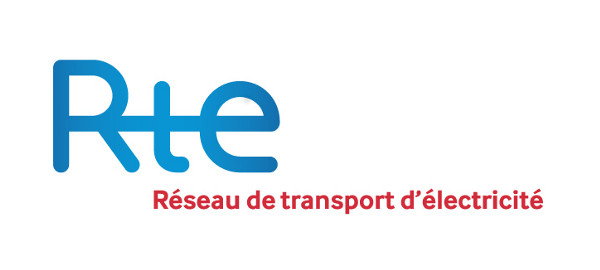
The company responsible for the French national grid, the RTE (Réseau de transport d’électricité), is in the dawn of a new era. The emergence of the marine renewable energies presents hitherto unknown technical challenges and requires new expertise. An interview with Didier Bény, RTE’s representative in the west of France.
What is the RTE’s role in the emergence of the marine renewable energies?
“RTE has played its part in the many discussions that have taken place to plan strategy for the sector, and we continue to contribute actively as it comes into being. More practically, by 2017 we will have built the grid connections for the offshore wind farms at Saint-Nazaire and off the Vendée coast at the Île d’Yeu. These will be France’s first, and we have numerous technical challenges to overcome. The job involves submarine cables carrying 225,000V at depths of up to 35 metres, which have to be designed to address the long distances involved, the threat of corrosion, and the force of the ocean.”
What are the particular public consultation challenges with offshore energy generation?
“Building the infrastructure to transport electricity means finding the compromises that best meet everyone’s hopes and expectations. With the marine renewable energies we have encountered new players, such as the maritime prefecture, and the fishing industry. Advanced environmental studies are also necessary, to obtain agreement, for example, over the best places for cables to come ashore, or for the connecting sub-stations to be constructed. The entire process takes three to four years before any work can begin.”
Are RTE’s skills changing with the advent of the marine renewables?
“We have had to demonstrate our expertise in maintaining dialogue with all the parties involved. We have also been hiring in new talent, most notably to respond to the challenge of connecting the offshore farms to the grid. This challenge will be even greater in future with the arrival of floating wind turbines, which are better suited to the French coast, given the depth of its waters. And, finally, because the renewable energies are by definition intermittent, we are developing innovative forecasting and monitoring tools to manage this.”
Further information: www.rte-france.com


